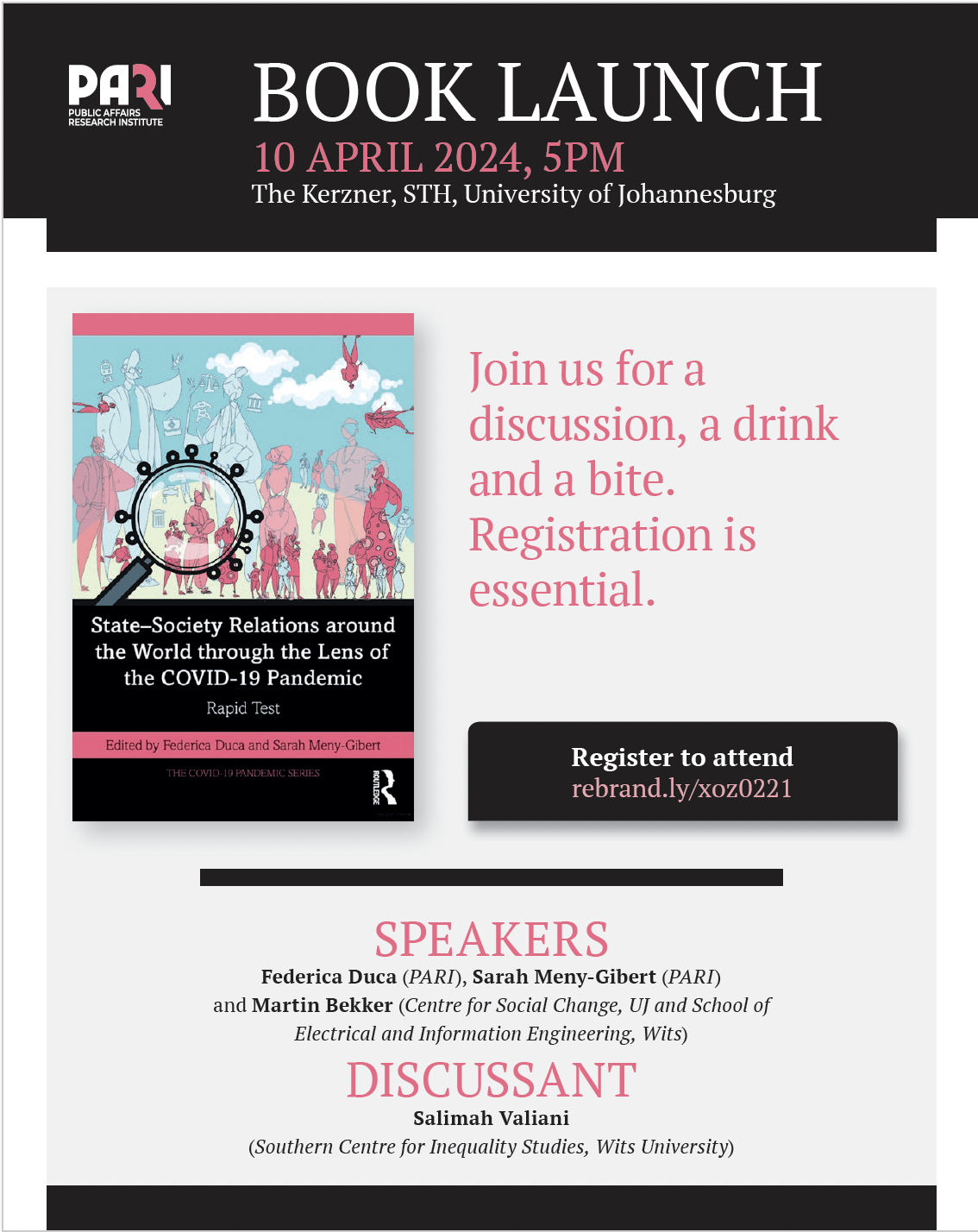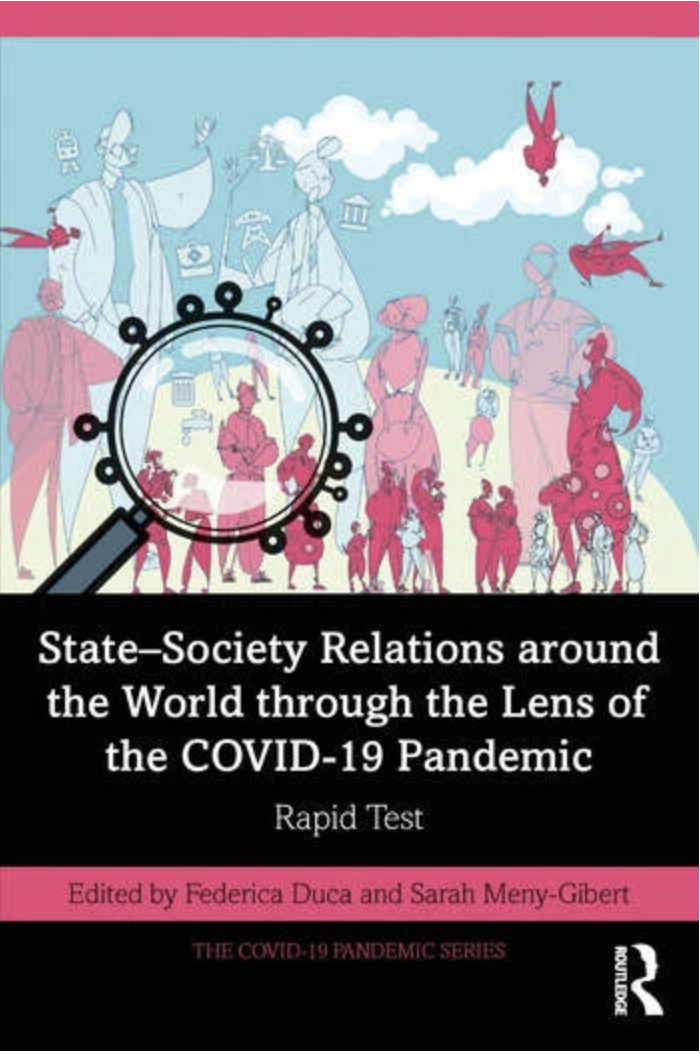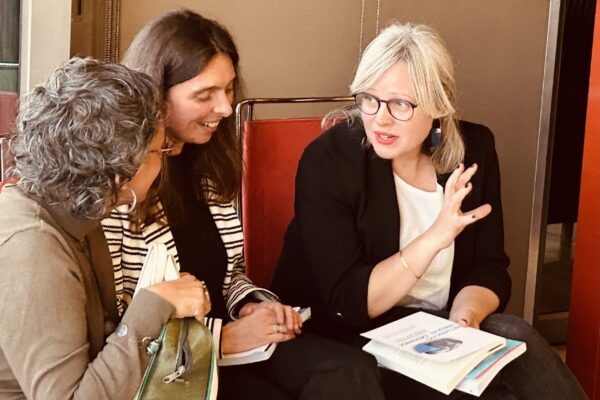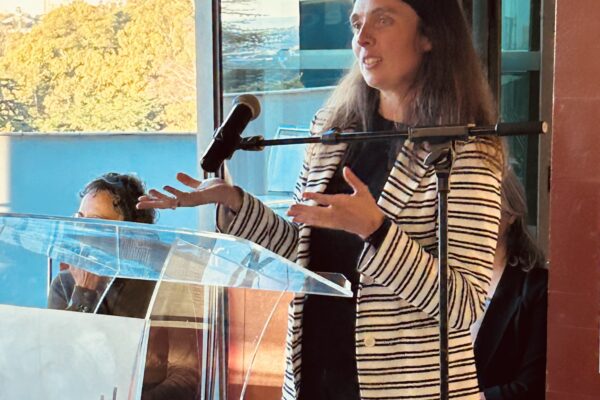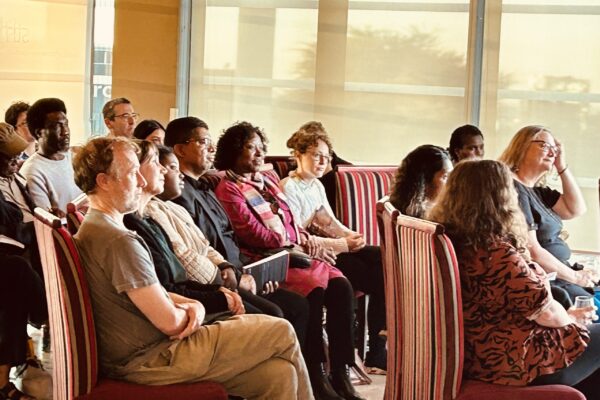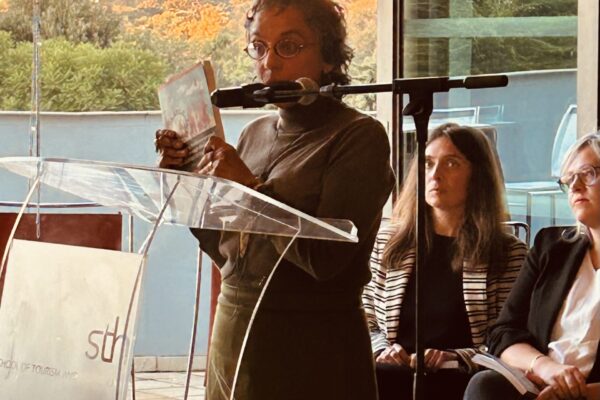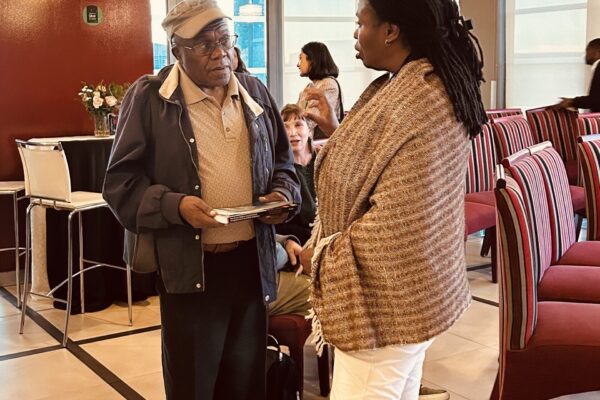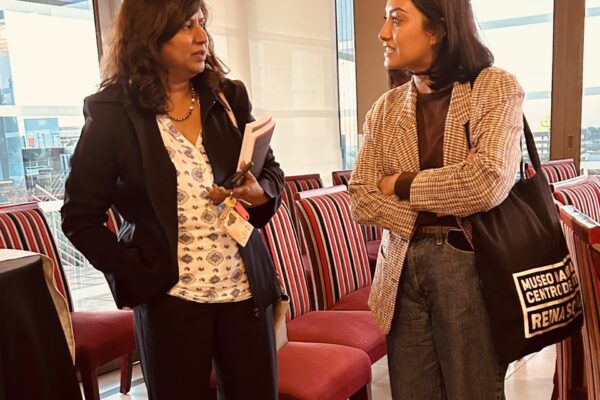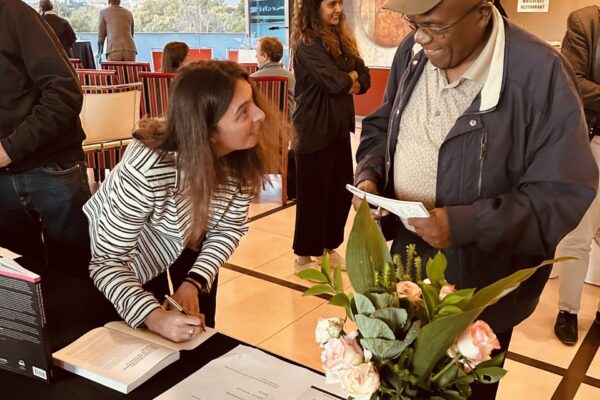A new Routlege publication edited by Federica Duca and Sarah Meny-Gibert.
The collection examines state–society relations during the Covid-19 pandemic, from governance at the outset of the pandemic to vaccine rollouts, via a series of case studies from around the world. With a focus on the global South, the book includes chapters on the experiences of – Angola, Zimbabwe, South Africa, Bolivia, Argentina, Brazil, Jamaica and Indonesia as well as contributions from the global North – on Sweden, Canada, Czech Republic and New Zealand.
The collection demonstrates that the effects of the pandemic can only be properly revealed by looking at the regional and local contexts in which states and societies experienced it. Contributors examine themes such as the nature of contemporary democracy, state capacity, the legitimacy of state institutions, and trust in government, questions of social solidarity, and forms and impacts of inequality. Focusing on national (or sub-national) cases, each chapter analyses the underlying forces and structures revealed when the authority of the state is brought to bear on the agency of citizens under emergency conditions. In doing so, contributors embed analysis of pandemic governance in the historical context of each country or region, highlighting how political choices, histories of the state’s treatment of citizens and the orientations of a region’s elites shaped the actions taken by the state.
The book will be of interest to those looking to understand how the pandemic was interpreted, accepted, or contested at the local (national or sub-national) level and to those interested in state–society relations more generally. It will appeal to scholars and students interested in questions of pandemic government from a social scientific point of view and especially to those interested in perspectives from the global South.
